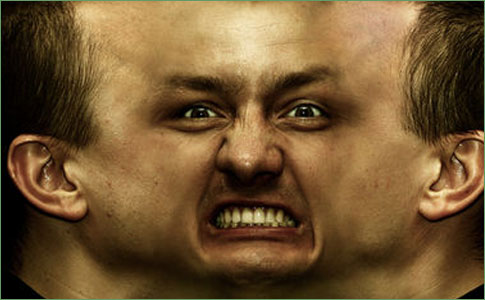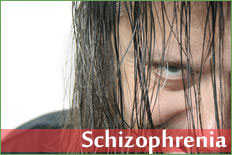Health Centers > Mental Health Center > Psychiatric Disorders > Mood disorders >
Treatment-Resistant Bipolar Disorder (for professionals)
Treatment-Resistant Bipolar Disorder (for professionals)
The concept of treatment resistance in bipolar disorder is clinically familiar but lacks a standard definition. Whether the term refers to nonresponse to 1 or more standard treatments, at what dosages, and for what phases of bipolar disorder is unclear. Treatment resistance in bipolar disorder should always be based on a specific phase of treatment: mania or depression and acute or maintenance.
Treatment-Resistant Bipolar Disorder
- Antidepressant and Antimanic Medications
- Depression-Focused Psychotherapies
- Psychodynamic Psychotherapies
- Combined Medication and Psychotherapy
- Electroconvulsive Therapy
- Light Therapy
- Treatment-Resistant Mood Disorders
- Treatment-Resistant Bipolar Disorder
- Treatment of Mood Disorders in the Medically Ill Patient
- Strategies and Tactics in the Treatment of Depression
Treatment resistance is extremely common. Even under optimal maintenance conditions, almost half of bipolar patients with symptom remission will have a recurrence in 2 years under standard care (including medication combinations).
Optimizing phase-specific evidence-based treatments is crucial. This may include raising the dosage of an initial treatment according to response unless limited by adverse effects. Acute treatments are often continued into maintenance. Combinations are commonplace, and the number of potential combinations is large. Decisions about which medications to use first or in what combinations, as well as dosing issues, require good clinical judgment on the part of each clinician because there is little evidence to drive such decisions.
Treatment-Resistant Bipolar Disorder
Traditionally, lithium and anticonvulsants have been used as first-line treatments for acute mania; antipsychotics were reserved for resistant, severely ill, or psychotic patients. This practice is based on the long history of lithium and divalproex use rather than on comparative efficacy trials. The range of FDA-approved uses for atypical antipsychotics in bipolar disorder is growing; these agents can now be considered first-line treatments even for moderately ill manic patients.
To dramatically reduce treatment resistance and enhance stability, comorbid conditions, such as substance abuse, need to be addressed. And, destabilizing medications, such as antidepressants, need to be discontinued. Evidence-based intensive psychotherapies are clearly useful in maintenance. For truly resistant conditions, clozapine and electroconvulsive therapy (ECT) are also recommended for depression and mania in both acute and maintenance treatment. If these fail, a number of novel treatments have been suggested, and some have been studied in placebo-controlled trials.
Schizophrenia
A common and serious mental disorder characterized by loss of contact with reality (psychosis), hallucinations (false perceptions), delusions (false beliefs), abnormal thinking
Treatment-resistant bipolar disorder
Sachs suggested that the term "treatment-resistant bipolar disorder" should be reserved for patients who do not respond to a combination of 2 standard medications in a specific period, such as 6 weeks for mania, and 6 months or 3 cycle-lengths for maintenance. Others have required multiple trials of combinations or that patients fail to respond to nonstandard treatments, such as antidepressants.
Treatment of Mood Disorders in the Medically Ill Patient
- Introduction
- Prevalence of Mood Disorders in Medically Ill Patients
- Therapeutic Modalities
- Specific Medical Illnesses
- Summary
Strategies and Tactics in the Treatment of Depression
Treatment resistance in unipolar depression and schizophrenia is usually defined as failure to respond during an acute episode to 2 adequate monotherapy trials of agents with established efficacy and implies that a novel treatment should be considered. In schizophrenic patients, this makes sense because clozapine has shown efficacy for treatment-resistant schizophrenia. In unipolar depression, this conceptualization of treatment resistance may be less useful because failure to respond to one SSRI is not associated with an increased risk of not responding to another.
Treatment resistance in bipolar disorder is even harder to define. Standard care in any phase often includes more than 1 medication, which implies some degree of resistance in most patients. Furthermore, treatments lack any unifying mechanism of action, an evidence-based rationale for combining is lacking, and dosing of combinations has not been standardized.
The process of selecting medication combinations is often simplified by grouping treatments into classes, such as anticonvulsants and atypical antipsychotics - distinctions based on their uses in epilepsy and schizophrenia. Unfortunately, specific medications within these classes have considerably different efficacy.


